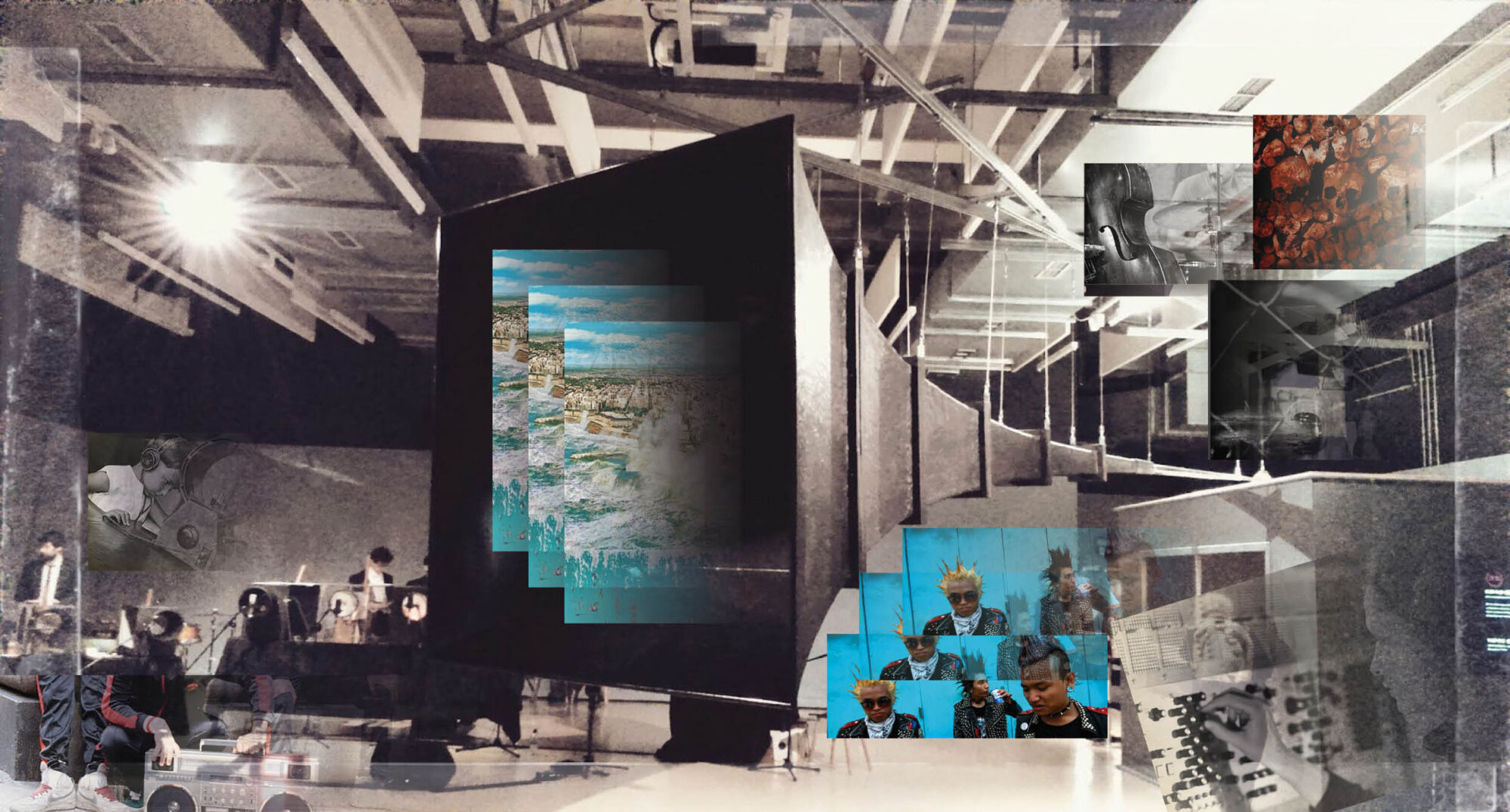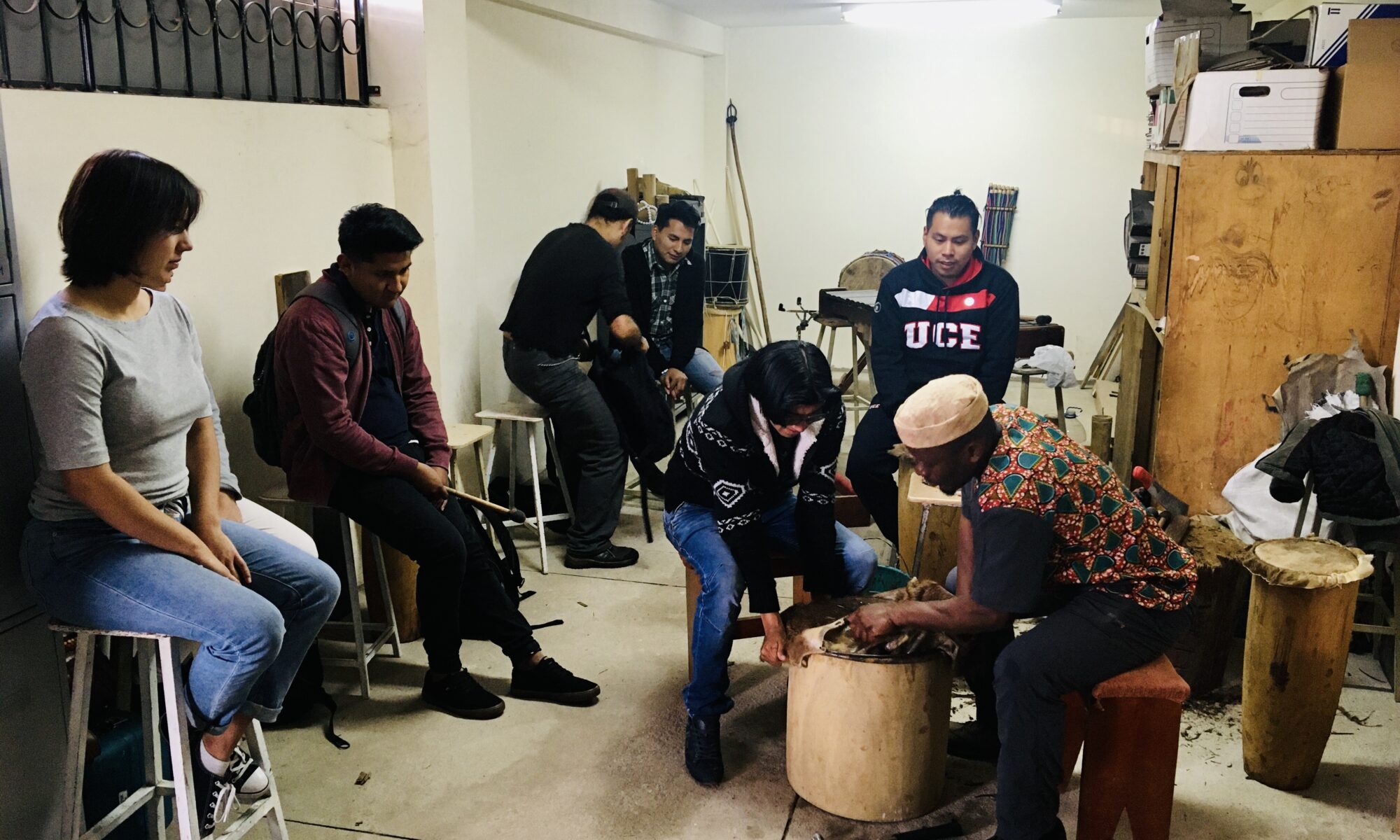Ecuador is the second smallest of the Spanish-speaking countries in South America. It is three quarters the size of Germany, and it has one quarter of its population. In 2008, the government of Rafael Correa, a back-then charismatic character with the motto of: La Revolución Ciudadana (The Citizen’s Revolution), established a new constitution. This was highly focused on decolonized education. In 2017, the Universidad Central del Ecuador (UCE) established the Licenciatura en Artes Musicales (LAM-UCE) program with a focus on decolonization. For the very first time, Afro and Andean-Ecuadorian music was present at university. La Revolución Ciudadana ended like another bittersweet chapter; however, the empowerment of Ecuadorian aboriginal groups, from their artistic expression, is part of a long process that aims to give them visibility and relevance in the cultural and political arena of the country and the region. This paper takes LAM-UCE program as a case to study to analyse it as part of the process, focusing on the decoloniality of popular music in education. Although the question remains: Does the academisation of popular music from the minorities help them to progress or to preserve them? the answer is definitely not found by one or another, but where progress and preservation intersect.
[Download PDF-Version] | [Abstract auf Deutsch]
„Too little, too late? Higher Popular Music Education Reforms as a Strategy of Decoloniality for the Progress and Preservation of Ecuadorian Minorities – the Case of the LAM-UCE Program“ weiterlesen
